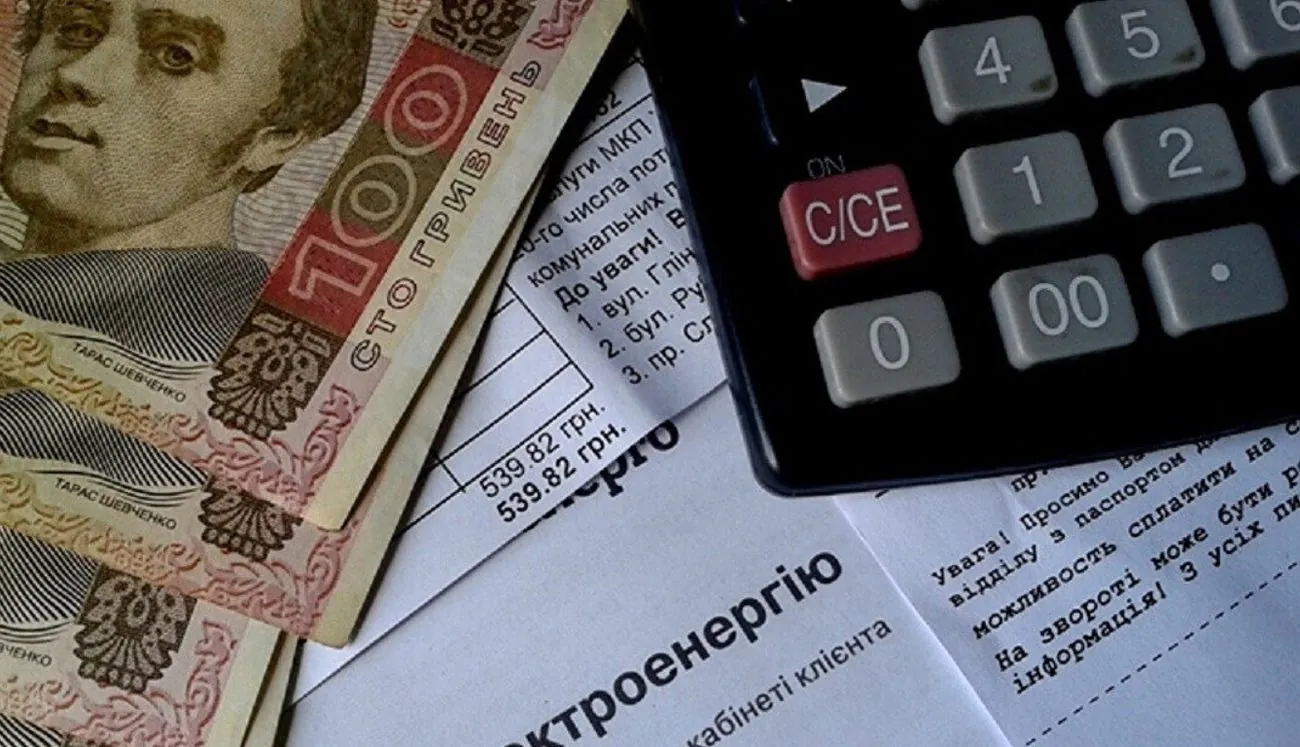“Communal Services After the War: IMF Insists on Tariff HikeThe International Monetary Fund is calling on Ukraine to raise utility tariffs to ‘cost-recovery levels’. The increase is likely to affect gas, electricity, heating and hot water. This should help restore the energy sector’s profitability.
”, — write: unn.ua
This is stated in the Memorandum with the IMF. The analytical document was published on the Fund’s website, as reported by UNN.
Details
Tariff increases will help restore profitability in the household energy sector, reduce the debt burden in the sector
The probable increase in the cost of utility services for the population is discussed in a separate section titled “Ukraine: Energy Roadmap for Post-War Ukraine.” It can currently be concluded that, according to experts from the International Monetary Fund, gas, electricity, heating, and hot water may become more expensive.
While peace talks are without result, the IMF has identified a negative scenario: war until mid-202601.07.25, 10:57 • 922 views
A number of formulations cited in the 170-page memorandum with the IMF:
Despite frequent large-scale energy attacks during the war, Ukraine’s energy sector remained resilient. But this is all thanks to repairs and support from international donors.
In the first half of 2024, approximately half of the generating capacity was severely damaged or destroyed. By early 2025, up to 50% of the gas infrastructure will be temporarily damaged. Currently, there is a decline in gas production and a decrease in gas storage volumes.
These incidents highlight the challenges and needs of the energy sector, the IMF Memorandum emphasizes.
The total damage to the energy and extraction sectors since the invasion amounts to 20.5 billion US dollars.
This is evidenced by the damage and needs assessment (World Bank).
The current priority of the authorities is to overcome the impact of the war on the energy sector. But there is also an urgent need to prepare the agenda for post-war reforms in the sector
While electricity prices for households were raised in 2023 and 2024 from a low base, heat and water tariffs have been subject to a price moratorium since the beginning of the war, the analytical section of the Memorandum reminds.
- household electricity prices are estimated to cover about half the price for small business customers in Kyiv;
- household gas prices are approximately 50 percent of the cost recovery level.
A plan for creating a sustainable sector in the post-war period is necessary
This means that utility prices should correspond to the cost recovery level.
This refers to a new tariff methodology that “takes social considerations into account.”
Tariff increases will help restore profitability in the consumer energy sector, ease the debt burden in parts of it, and incentivize market entry and competition in wholesale and retail energy markets, while also stimulating energy efficiency measures.
AdditionAmong other points, the text of the Memorandum also indicates the following:
The growth forecast for 2025 remains at 2-3 percent: a smaller electricity deficit is offset by lower gas production and weaker agricultural exports.
Given the importance of the post-war energy architecture, the authorities commit to start working on an energy roadmap for the gradual liberalization of gas and electricity markets, including strategies for tariffs, PSO, and protecting the most vulnerable households.
The economy remains resilient, but the war is worsening prospects. This includes, in particular, growing tensions in the labor market.
The current account deficit in 2025, excluding grants, will increase compared to the Seventh Review (by 1.7 percent of GDP), reflecting:
- increased priority imports amidst higher fiscal spending;
- increased gas imports to compensate for losses from attacks on energy infrastructure;
- decrease in agricultural export volumes.
Tight monetary policy is appropriate, and the NBU should be prepared for further tightening if inflationary expectations worsen. Greater exchange rate flexibility will help strengthen economic resilience while protecting reserves, one of the analytical document blocks in the IMF Memorandum warns.
RecallThe International Monetary Fund reviewed the EFF program for Ukraine, postponing and adding new structural benchmarks, while Ukraine requests to change the payment structure in 2025.
The International Monetary Fund forecasts Ukraine’s gross domestic product growth of 2-3% in 2025.
